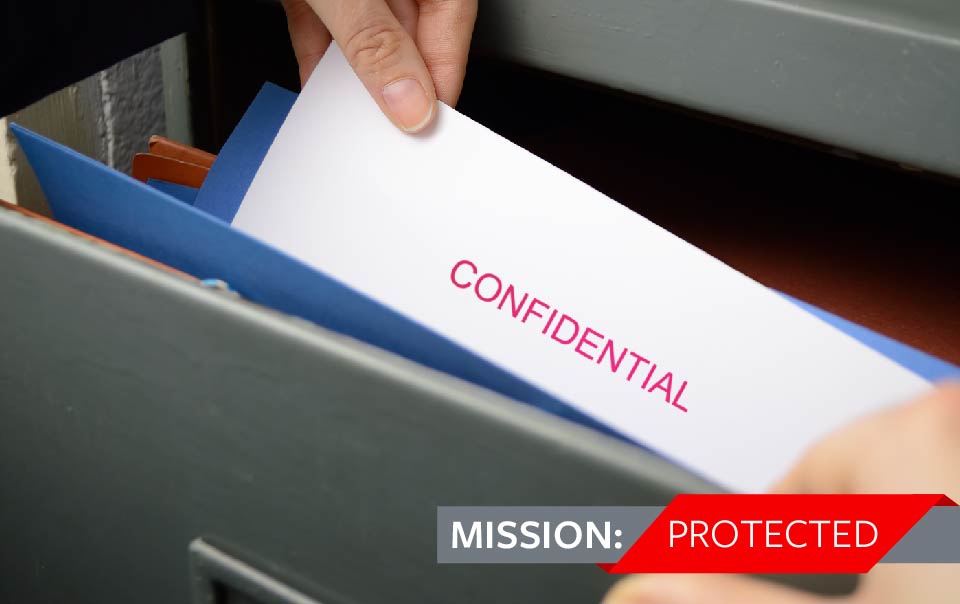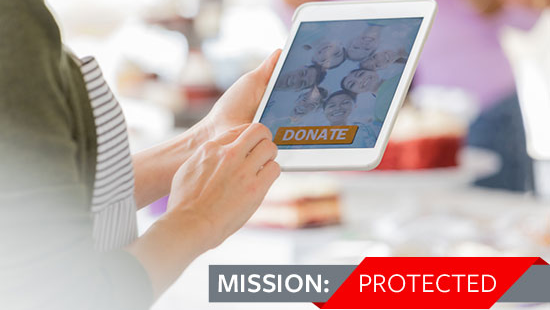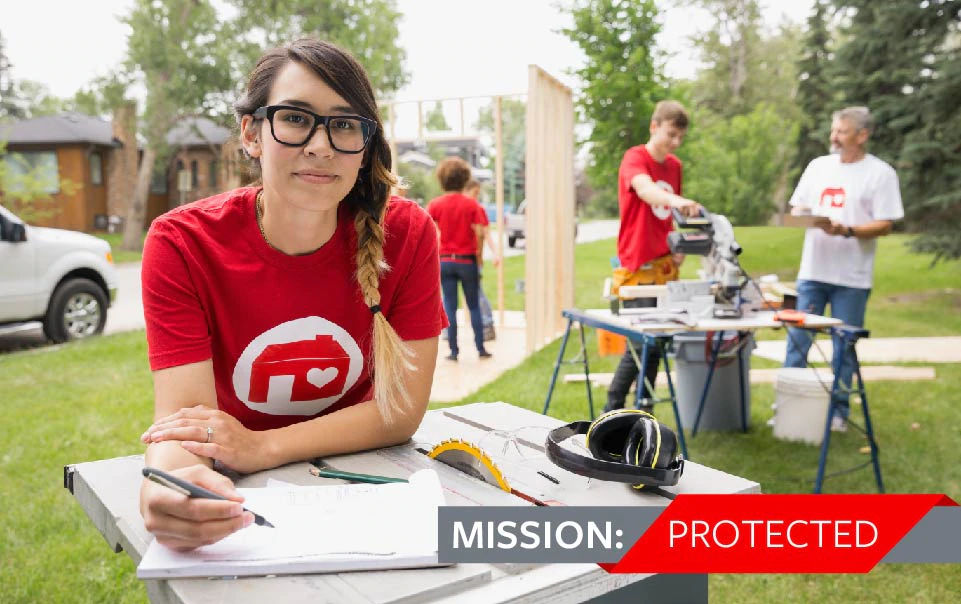Protecting Your Nonprofit from Crime


Theft can happen in any business, of any size, in any industry, even at a nonprofit. If your organization isn’t prepared to protect itself from employee or volunteer theft and forgery, the losses can be devastating, not just financially, but to your reputation as well. The typical organization loses approximately 5% in revenue to fraud each year, and 20% of occupational fraud cases result in a loss of at least $1 million.1
“Beyond financial costs, the damage to your nonprofit’s reputation could also lead to lost donors, volunteers and public trust,” said Steve Balmer, Commercial Crime Product Manager. “Those losses can be difficult to quantify.”
For a nonprofit, the damaged reputation that can accompany an insider theft can take years to overcome. It can also affect the morale of other employees and volunteers within the organization, who can feel a sense of violation and betrayal by a colleague.
Even the best internal controls, background checks and audit practices can fail to stop a trusted employee or outsider from engaging in criminal activities, including crimes such as credit card forgery, computer fraud and property theft. It can take months or longer for fraud to be discovered, sometimes by accident.
Following are some steps to protect your nonprofit organization:
- Maintain strong, enforceable internal controls
Strong internal controls can include recording cash receipts immediately and depositing them daily, reconciling bank accounts monthly by someone other than the person who signs the checks and entrusting a petty cash fund to a single custodian to use for all payments other than those made by check. The National Council of Nonprofits offers some additional resources on internal controls for nonprofits. - Encourage employees and volunteers to report suspicious behavior
More than 40% of fraud is discovered by someone reporting it, according to the Association of Certified Fraud Examiners.2 Educate staff members to detect fraud and encourage them to report suspected fraudulent behavior. Define for your board of directors their role in detecting and reporting fraud. - Adopt a whistleblower policy
Adopt a Whistleblower Policy and let employees, volunteers and board members know about it. More than 45 states have adopted policies to help protect whistleblowers from retaliation. Having a policy to protect whistleblowers will help your nonprofit comply with these laws. - Consider crime & fidelity insurance coverage
Crime insurance addresses the most common fidelity threats, including losses due to employee or staff member dishonesty, credit card forgery, computer fraud and theft, and disappearance and destruction of property. - Choose an insurance carrier that can help you recover losses
Travelers has a recovery management team that works with nonprofits to help them fully recover from losses. This includes early identification and analysis of recovery sources, so investigators can take action to secure assets and obtain a recovery from responsible parties.
Nonprofit organizations of all sizes and types can be a victim of crime from employees or volunteers, but the combination of a proactive plan to prevent and detect crime and the proper coverage for your organization can help you protect your nonprofit’s true mission.
Sources
1 Association of Certified Fraud Examiners 2012 Report to the nations.
http://www.acfe.com/rttn-highlights.aspx
2 http://www.acfe.com/rttn/docs/2014-report-to-nations.pdf



